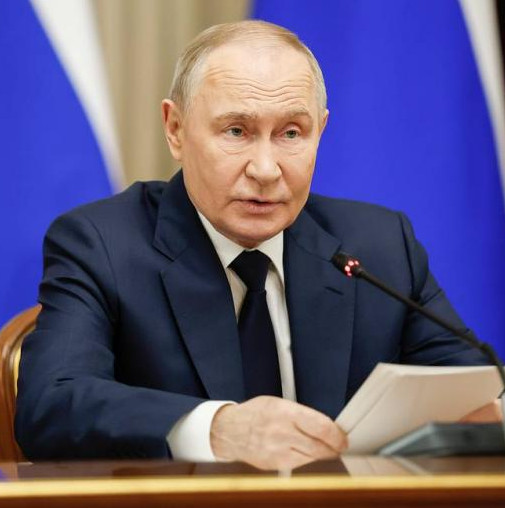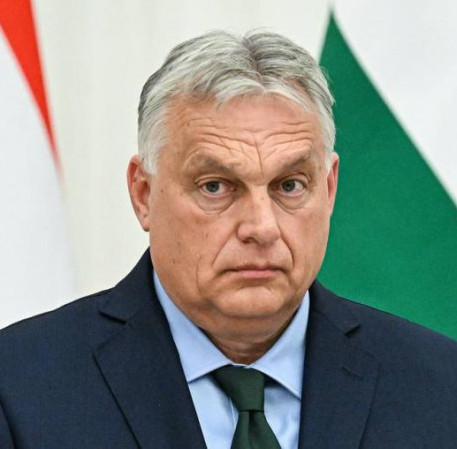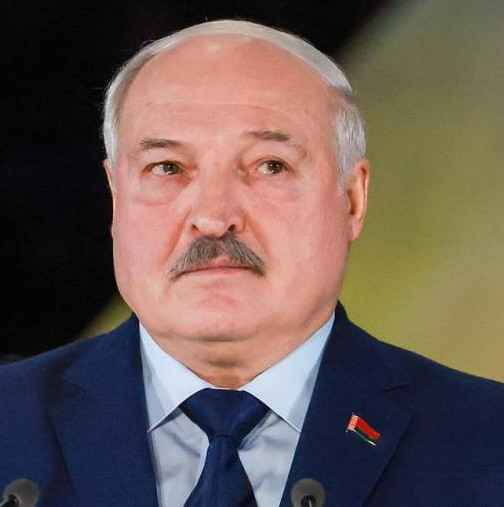
The EU’s lifting of the arms embargo on the Syrian opposition has set off a negative reaction and strong denunciation from the Russian leadership. Moscow, not without reason, believes that this decision may further complicate the already difficult situation in Syria.
Russian Foreign Minister Sergei Lavrov said that the lifting of the embargo creates serious obstacles to the implementation of the initiative for the convocation of an international conference on Syria. “From the very beginning of the Syrian conflict we have repeatedly, persistently warned against attempts of its internationalization, but for all that, the flow of fighters from abroad, including from Libya and other countries of the Middle East and North Africa, and in recent months, also from Europe and other regions, consistently grew. The flow of weapons extended too. They were received by fighters, the armed opposition, although the arms delivery to non-state players is illegitimate under international law,” said the head of the Russian Foreign Minister.
Lavrov also reminded that the recently agreed draft international treaty on the arms trade initiated by the United Kingdom, and some other EC member states, fixes the inadmissibility of the supply of weapons to non-state actors, at least, without the consent of the states in which these actors operate.
The arms embargo on Syria was adopted by the EU in the summer of 2011, a few months after the start of mass protests of the Syrian opposition. This embargo expires on May 31, and now, starting from June 1, any EU country can supply arms to Islamic militants. It is clear that Russia can not remain indifferent in this case and should take countermeasures. As stated by Russian Defense Minister Sergei Shoigu, “if one party removes arms embargo, the other too can consider itself not obliged to fulfill previous commitments.” What, then, can be Moscow’s counter moves?
According to a famous military expert Leonid Sazhin, Russia may abandon self-restraint in supplying offensive weapons to Damascus, the question being not only about the S-300 anti-aircraft missile system. Solutions may be the most unexpected, up to deliveries of Iskanders to Syria,” said Sazhin. Until now, Russia has supplied Syria only with defensive weapons under the previously concluded contracts. But Damascus has long expressed interest in purchasing Yak-130 operational trainers, multiple rocket launcher systems, Iskander-E short-range ballistic missile systems and other weapons, so these wishes of the Syrian side can now be met by Moscow.
Russia’s position, as expected, was given a hostile reception in Washington. The U.S. expressed sharp criticism of the Russian leadership’s statements about the possibility of organizing the supply of anti-aircraft missiles to Bashar al-Assad’s troops in the event the EU begins to supply the arm Syrian opposition with weapons. The White House’s position is quite consistent with the previous policy of the U.S. administration on the Syrian conflict. Here one does not hide sympathy for the opposition, with representatives of which Senator John McCain met the other day, visiting the Syrian border areas. “Such actions can not be met with favour,” said President Vladimir Putin’s official spokesman, Dmitri Peskov about McCain’s trip.
But Washington has its own logic of action. It has long been seeking to use the opposition to “overthrow” the Syrian leader Bashar al-Assad undesirable for the U.S., i.e. to do what was done a year ago in Libya in relation to Muammar al-Qaddafi.
The organization of the so-called “velvet revolutions”, the creation and support in every way, including the supply of weapons, of opposition groups, has long become Washington’s tried and tested technique of fight against undesirable regimes. This omnibus technique has been tested both in Europe and in Asia, and Africa. But this technique is extremely dangerous and, as practice shows, can easily, like a boomerang, hit its inventors. Not without reason did about half of the 27 EU countries, led by the Netherlands and Austria expressed concern over the EU’s adoption of a decision to lift the arms embargo on the Syrian opposition, believing that it could fall into the hands of radical Islamists with all the ensuing consequences.
It is worth recalling in this connection the example of Afghanistan, where the U.S. in the 80s actively supported the Mujahideens who fought against the Soviet troops and helped the Taliban to come to power and spread terrorism. It is well known what this led to. After the notorious terrorist attacks on September 11, 2001, Washington declared war on the Taliban and sent troops to Afghanistan. However, their long-term stay in this country has never led to the defeat of the Taliban, who still control much of the country.
Unfortunately, this lesson seems to be poorly learnt by Washington and those European capitals, especially London, which follow the course of the White House. This is shown by the EU’s decision to lift the arms embargo on the Syrian opposition. Its danger and possible most unpredictable consequences are beyond any doubt.



